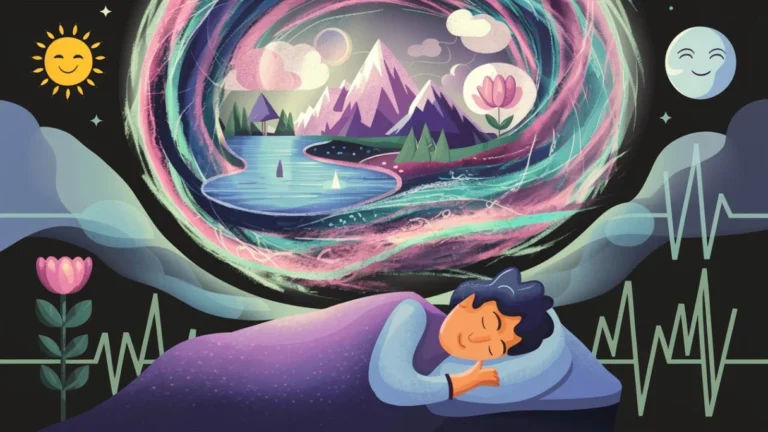The Role of Dreams in Mental Health and Well-Being
Dreams have long been a source of fascination for humans, with their mysterious and often surreal nature capturing our imaginations. But beyond their entertainment value, dreams can also play a significant role in our mental…


